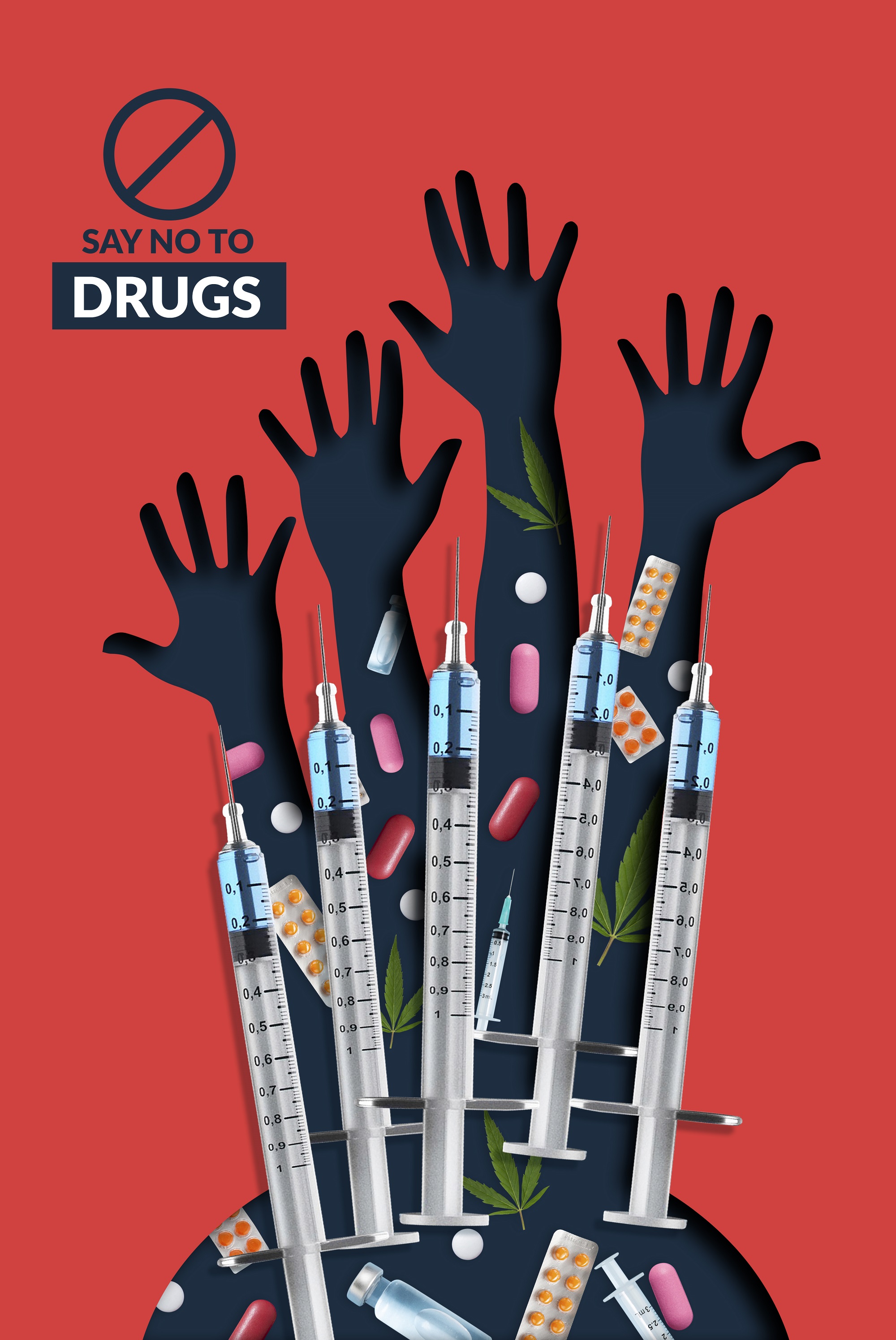- August 25, 2022 |
- No Comments
आओ जिंदगी की बात करें
एक सही फ़ैसला जारी रखेगा जिंदगी का सिलसिला
Join us in spreading the message of a drug free India today!

To upskill about the consequences of drug abuse and empower informed decision making.
Key points and activities:
Impact on Health: Discuss the short-term and long-term health consequences of drug.
Addiction and Dependency: Explain the concepts of addiction and dependency, Emphasizing how easily it can happen even with seemingly harmless substances.
Peer Pressure: Address strategies to resist peer pressure related to drug use and Encourage healthy decision-making skills.
Resources and Support: Provide information about where students can seek help if they or someone they know is struggling with drug abuse or addiction.
Interactive Activities: Incorporate role-playing exercises, group discussions, or case Studies to engage students actively and reinforce learning.
Legal Consequences: Outline the legal implications of drug use, possession, and Trafficking to highlight the serious repercussions.
Creating a Supportive Environment: Foster an open and non-judgmental atmosphere Where students feel comfortable asking questions and discussing concerns.
Follow-Up: Consider follow-up sessions or resources to reinforce the workshop’s Messages and provide ongoing support
Meditation Sessions:
1. To foster relaxation and consciousness
2. To tech healthy coping mechanisms
To embody drug prevention techniques into curriculum and classroom venture.
Training Workshops:
1. To impart skills to educators to detect substance abuse.
2. To tech preventive actions and help students in a sensitive and empathetic manner.
Offer workshops or professional development sessions for Teachers to introduce them to the benefits of meditation and techniques they can use Personally and in the classroom.
Mindfulness Practices: Incorporate short mindfulness practices into the daily routine.
Understanding Substance Abuse: Provide educators with comprehensive information. Recognizing Signs and Risk Factors: Educate teachers on how to identify potential signs Of drug use or risk factors such as changes in behaviour, academic performance, or Social interactions.
Classroom Strategies: Provide practical tools and techniques that teachers can Integrate into their classrooms to prevent drug abuse.
1. To spread awareness about the issue as well as the role of the parenting in the management of their child’s stress.
2. To educate them on how to bridge the generation gap and thus effectively communicate with their children.
3. To assist parents in supporting their children to live a drug-free life.
4. Workshops: Conduct interactive sessions where parents can role-play conversations with their children.
5. Resource Distribution: Provide handouts, brochures, and online resources that parents can refer to later.
6. Guest Speakers: Invite individuals who have experienced.
An initiative aimed at educating and empowering individuals, especially young people, to avoid drug use and substance abuse.
We are dedicated to strengthening protective factors against substance abuse, in collaboration with diverse communalities and people from all walks of life, collective effort and non-judgemental society where self-confidence is HIGH, acceptance is HIGH thereby HIGH ON LIFE.



Let's stop substance abuse and say 'I am proud to be #DrugFREE'



